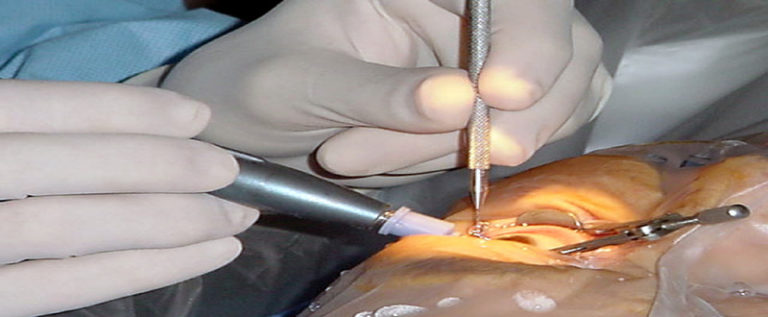Post Cataract Surgery: Precautions, Aftercare and Recovery Time

Cataract surgery is a removal of the natural lens of the eye which has become cloudy and then replacing it with an artificial lens. The technique of performing cataract surgery has improved tremendously over the years. Currently, ICCE and ECCE procedures are rarely done. Commonly performed procedure is phaco cataract surgery. Laser cataract surgery is the latest advancement in cataract surgery where blades are not used at all. When a person comes for cataract surgery opinion, at first a preliminary eye checkup is done where the eye is thoroughly checked. The vision, eye pressure, type of cataract, retina etc. are examined.After this, the IOL power measurement is done. After this, the surgeon discusses the various IOL options and the best IOL is decided according to the needs of the patient. Few blood tests and urine tests are advised before surgery. Of immense importance is strict blood sugar control.
Cataract surgery is a day care procedure in which patient comes to the hospital, gets the surgery done and is discharged after a few hours. Modern day cataract surgery has become very advanced and safe. The surgical procedure is done under topical anesthesia or eye drop anaesthesia. No injections are given for surgery. No bandage and no stitches are required in modern day cataract surgery.
Cataract surgery recovery should be short and uneventful. In most of the cases patients get good vision in a few days after cataract surgery. Cataract surgery often takes no longer than about 15 minutes to perform. After the surgery patient needs to take rest for sometime in the recovery area. After that, the doctor checks the operated eye on slit lamp and if everything is found normal then patient is discharged from the hospital with discharge summary and post operative instructions. Patients are given dark glasses to wear when they go outside for a few days to avoid dust and light sensitivity.
Someone should accompanying the patient to drive him/her back home after the surgery. Protective eye shield can be used at night to avoid any accidental eye rubbing during sleep. This shield can be used for 1 week whenever the patient goes to sleep.
Pre Operative Care:
- Do not use perfumes
- Do not use cosmetics on the eyes or face
- Take a light breakfast if not instructed otherwise
- Continue medicines for diabetes, blood pressure, heart problems, joint pains etc. as advised previously
Precautions After Cataract Surgery:
- Patient should put eye drops meticulously as advised by the operating surgeon
- Eyes should not be splashed with water after the surgery
- Avoid heavy weight lifting
- Avoid swimming
- Avoid any injury or eye rubbing
- Eye hygiene should be maintained
- All the post operative instructions should be followed
- Regular eye check up should be done as advised by the doctor
Most of these precautions are to be continued for 1 month after the surgery. Immediately after the surgery patients vision might seem cloudy, blurry or distorted. This kind of vision is very normal just after the surgery. It can take up to 24 hours, sometimes for your eyes to adjust to the new situation. Most of the patients start seeing reasonably well on very next day after surgery. Each person heals differently, and you may need as long as a week or two before you see images clearly. In some cases eyes appear red due to surgical maneuver. This redness usually goes within a few days.
Follow up is done on post op day 1, 7, 21, 6 weeks and 3 months after the surgery. Dry eye or “scratchiness” after cataract surgery is common and this is due to post surgical dryness. But these sensations should subside as your eye heals. In some cases patients require artificial tear drops for a month or so.
Contact the Hospital Immediately in Cases of:
- Severe pain
- Significant decrease in vision
- Increase in eyelid swelling
- Increase redness
At 1-month post operative visit doctor prescribes the glasses if needed.
To know more about cataract surgery contact 01129240000, 01129230000.




Leave a Reply